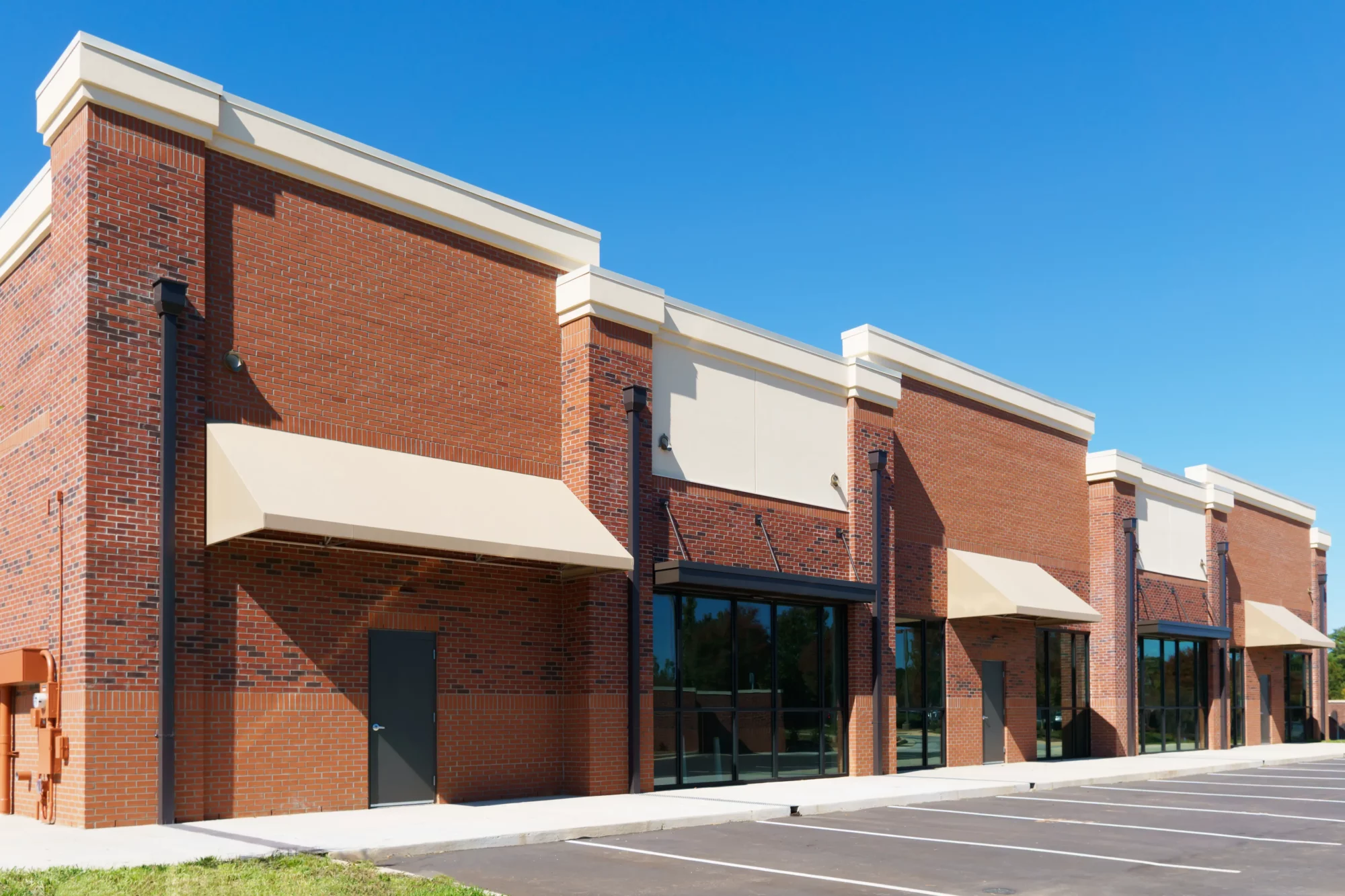Owning a small business is an exciting journey, filled with triumphs and, inevitably, a few bumps along the way. While passion fuels your hustle, resilience comes from being prepared.
That’s where insurance for small businesses steps in, offering a safety net against unforeseen risks. But with so much information out there, finding the right business insurance can feel overwhelming for many small business owners.
This guide is here to equip you with the knowledge you need to make informed decisions about protecting your small business.
Small Insurance Business: What You Need to Know

Small business insurance isn’t a one-size-fits-all solution. It’s a collection of policies tailored to the specific risks your business faces.
Insurance needs vary greatly depending on the industry and nature of your small business. If you own a small trucking company, a commercial auto insurance is automatically an essential business insurance.
So, what are the best types of insurance for every small business?
General Liability Coverage
This is your frontline defender, protecting you against third-party injuries, property damage, and lawsuits arising from your business operations. It’s a must-have for virtually every small business.
Commercial Property Insurance Coverage
This covers your physical assets, like equipment, inventory, and your business premises, in case of fire, theft, or natural disasters.
Business Income Insurance Coverage
If a covered event forces you to close your business temporarily, this insurance helps recover lost income until you can resume operations.
For example, if a fire damages your premises and you can’t operate for repairs, this insurance would cover lost revenue during that period.
Workers’ Compensation Insurance Coverage

This is mandatory for businesses with employees and provides financial protection for workers injured on the job.
Professional Liability Insurance Coverage
For service-based businesses, this covers you against claims of negligence or errors in your professional services
Additional Small Business Insurance Coverage to Consider

While essential coverage types like general liability, property, and business income insurance form the core of a small business’s protection shield, several additional coverages might be worth consideration depending on your specific needs and industry.
- Data Breach: Protects against financial consequences of data breaches.
- Commercial Auto Insurance: Comprehensive insurance for business vehicles beyond minimum requirements.
- Inland Marine Insurance: Covers valuable property not covered by standard policies, like fine arts or equipment.
- Professional Errors & Omissions: Covers legal costs and damages if sued for professional mistakes (relevant for service-based businesses).
- Business Interruption with Extra Expense: Covers additional costs incurred during a covered event, like temporary relocation.
Small Business Insurance Costs: Factors and Figures

The cost of your insurance package depends on various factors, including:
- The types of insurance you choose: General liability is typically the most affordable, while specialized coverage like professional liability can be pricier.
- Your business’s size and industry: The number of employees, your revenue, and the inherent risks in your industry all play a role.
- Your location and claims history: Your geographical location and past insurance claims can influence your premiums.
Small business insurance cost can vary greatly. Here are some ballpark figures for each type of small business insurance.
General liability insurance costs
Generally the most affordable, ranging from $200 to $500 per year for low-risk businesses with few employees. Factors like desired coverage amount and industry can significantly impact the cost.
Commercial property insurance

Varies depending on the value of your property, location, and construction type.
A basic policy for a low-risk location might cost around $500-$1,000 per year, but can increase significantly for higher-value assets or areas prone to disasters.
Business income insurance
Business income insurance typically costs around 10-15% of your annual gross revenue.
For example, a small business with $100,000 in annual revenue, you could expect to pay around $10,000-$15,000 per year for business income insurance.
Workers’ compensation insurance
Costs of workers’ compensation insurance vary based on industry, payroll, and state regulations.
Businesses in high-risk industries like construction, transportation, and healthcare generally pay higher premiums than those in low-risk industries like office work or retail. The larger your payroll, the higher your premium will be.
A low-risk, small retail business in a state with low rates might pay as little as $12.20 per month or $146 annually while a high-risk construction business in a state with high rates could pay over $150 per month.
Professional liability insurance costs
The Professional Liability Underwriting Society (PLUS) indicates premiums can range from a few hundred dollars to tens of thousands of dollars annually. Factors that influence PLI cost include the type of industry, revenue, claims history, and deductibles.
For example, a low-risk, solo consultant with few employees and a moderate coverage limit might pay around $200-$300 per year.
Finding the Best Insurance for Your Small Business

Unfortunately, there’s no single “best” small business insurance! What’s perfect for one business might be completely overkill or inadequate for another.
However, to identify the “best” insurance for the specific needs of your business, here are some questions and key factors small business owners need to consider:
Assess your business’s needs
- What are your primary risks? Consider liability exposures, property damage possibilities, potential for business interruptions, and professional negligence concerns.
- What kind of coverage do you already have? Do you have any existing policies, like personal liability insurance, that might offer some overlap?
- What’s your budget? Different policies come with varying price tags, so understanding your budget constraints is crucial.
Research your options

- Explore different types of insurance: General liability, property, business income, workers’ compensation, professional liability, cyber liability, etc.
- Compare quotes from multiple insurers: Use online comparison tools or consult insurance brokers for competitive quotes.
- Read reviews and customer testimonials: Gain insights from other small businesses about their experiences with different insurers.
Understand the policy details
- Coverage limits: Ensure chosen coverage limits are sufficient to adequately protect your business.
- Deductibles: Choose a deductible that balances affordability with out-of-pocket costs in case of claims.
- Exclusions and limitations: Pay close attention to what’s excluded or limited in the policy to avoid surprises.
Remember, “best” doesn’t necessarily mean the most expensive or comprehensive. With Dream Assurance, we help you choose a policy that fits your specific needs.
Dream Assurance coordinates with multiple carriers to help you get the best coverage for your small business. Get an instant quote from our insurance agents today.


